The Biden administration is considering a significant move to ban menthol cigarettes, a decision that has broader implications for the tobacco sector.
As a result of this, the cigar industry finds itself in a precarious position, fiercely contesting a proposed ban on flavored cigars. The industry’s argument hinges on the belief that flavored cigars are unfairly being grouped with menthol cigarettes in regulatory considerations. Advocates for consumer choice are actively lobbying against the proposed ban, highlighting a potential overreach into personal freedoms and choices in tobacco consumption.
The FDA’s Proposal on Flavored Tobacco
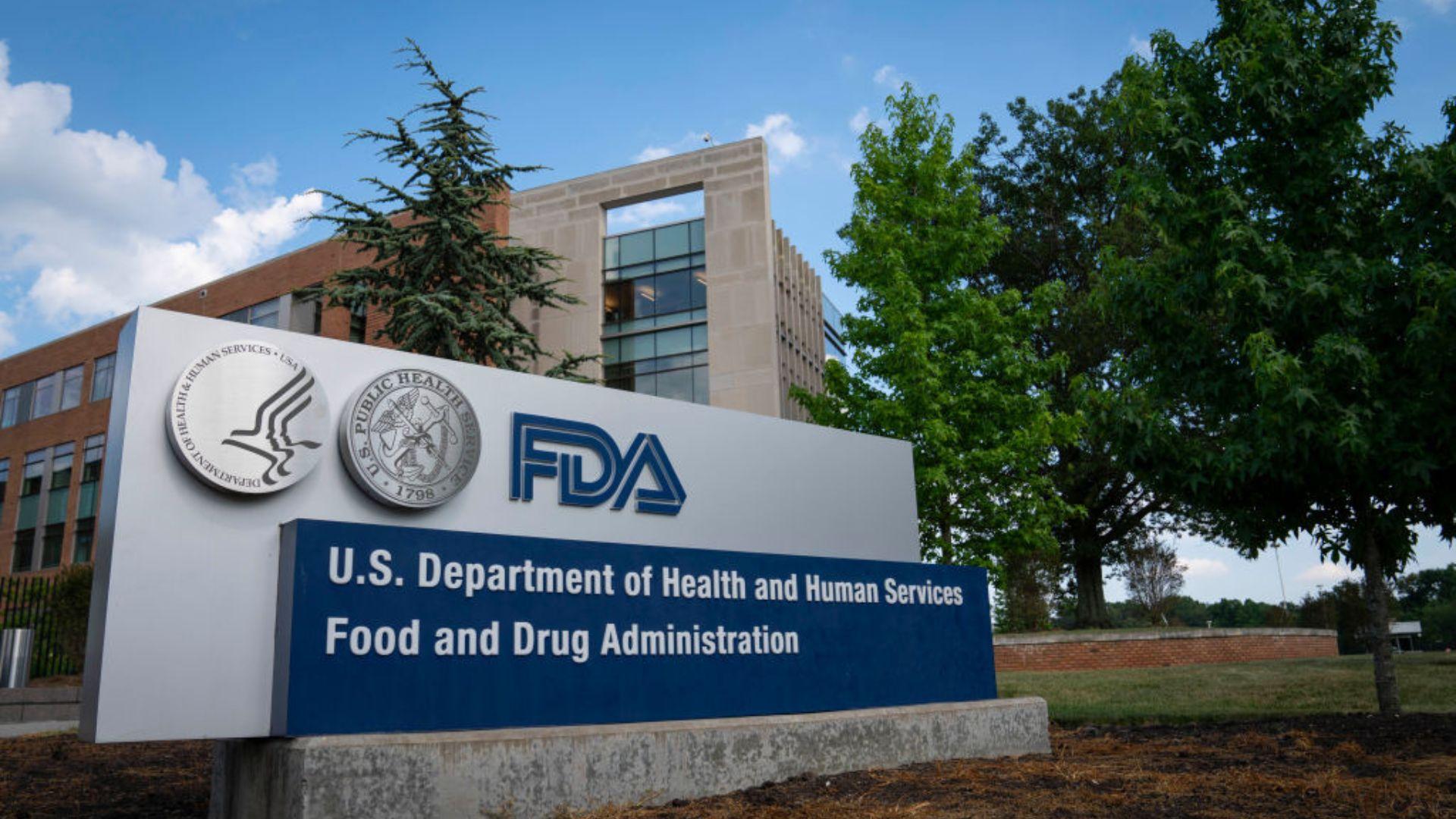
The Food and Drug Administration (FDA) has put forward a proposal that targets flavored cigars, which, according to the agency, are particularly appealing to the youth.
The FDA’s stance is that by eliminating flavors from cigars, it could significantly reduce their attractiveness and, consequently, the likelihood of young people experimenting with tobacco. This initiative is part of a broader strategy to curb tobacco use among adolescents, with the FDA indicating that over a half-million U.S. youth currently use flavored cigars.
Health Advocates Push for Comprehensive Bans
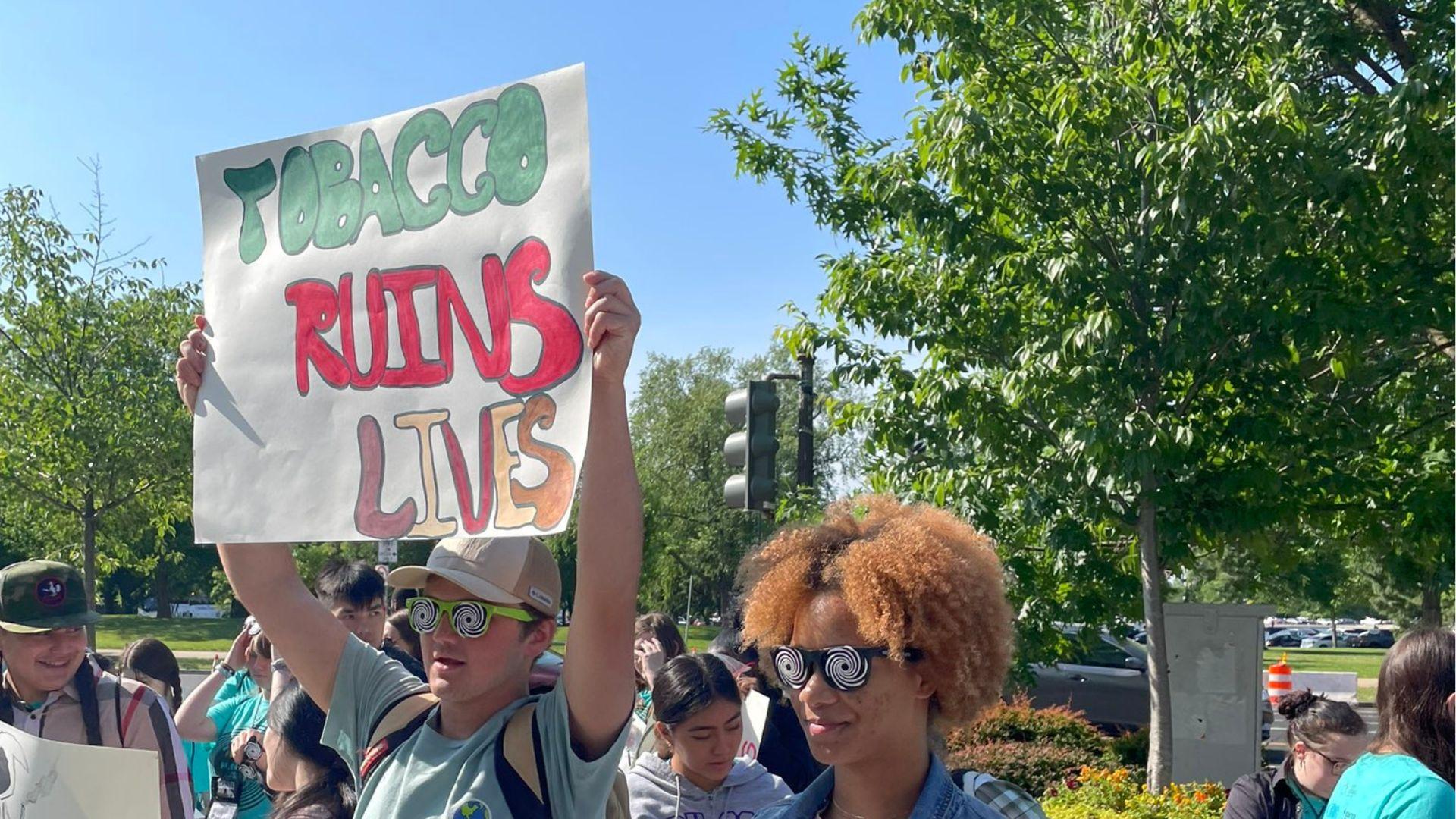
Axios reports that health advocates are expressing concern over the delay in implementing the proposed ban on menthol cigarettes and flavored cigars. They argue that proceeding with these bans is crucial to closing loopholes that the tobacco industry might exploit to attract new users, especially children.
The Campaign for Tobacco-Free Kids emphasizes the importance of adhering to scientific evidence in shaping regulatory decisions, with CEO Yolonda Richardson stating, “The science should tell us what regulatory pathway we should be taking.”
The FDA’s Final Steps and Industry Response
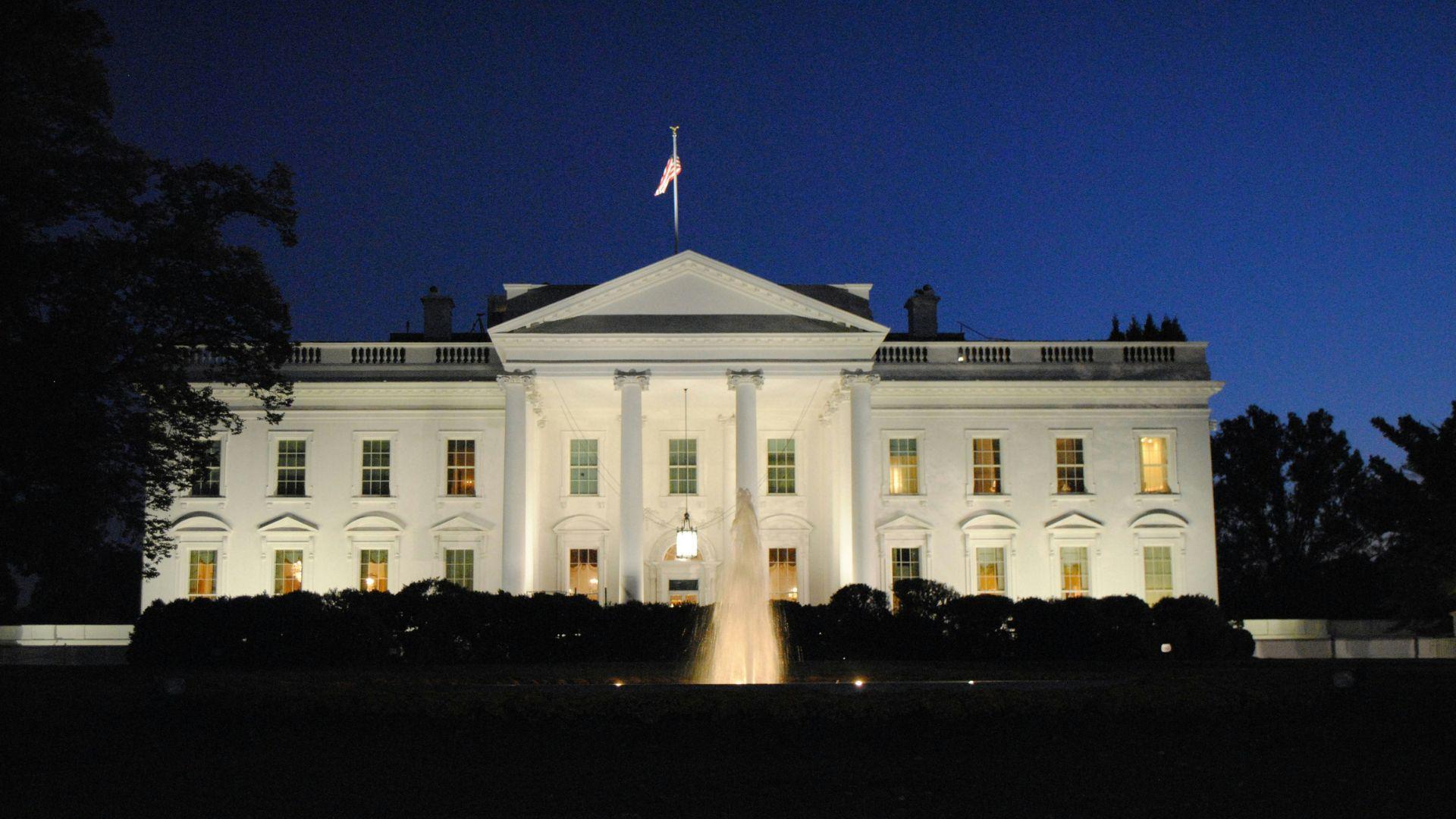
As the FDA’s proposed tobacco bans reach the White House for final review, the cigar industry braces for potential impact.
The proposal suggests that banning flavored cigars could play a significant role in reducing youth tobacco use. However, the Cigar Association of America has declined to comment on the matter, indicating the industry’s cautious approach to public discussions on this sensitive issue, Axios reveals.
The Growing Popularity of Flavored Cigars
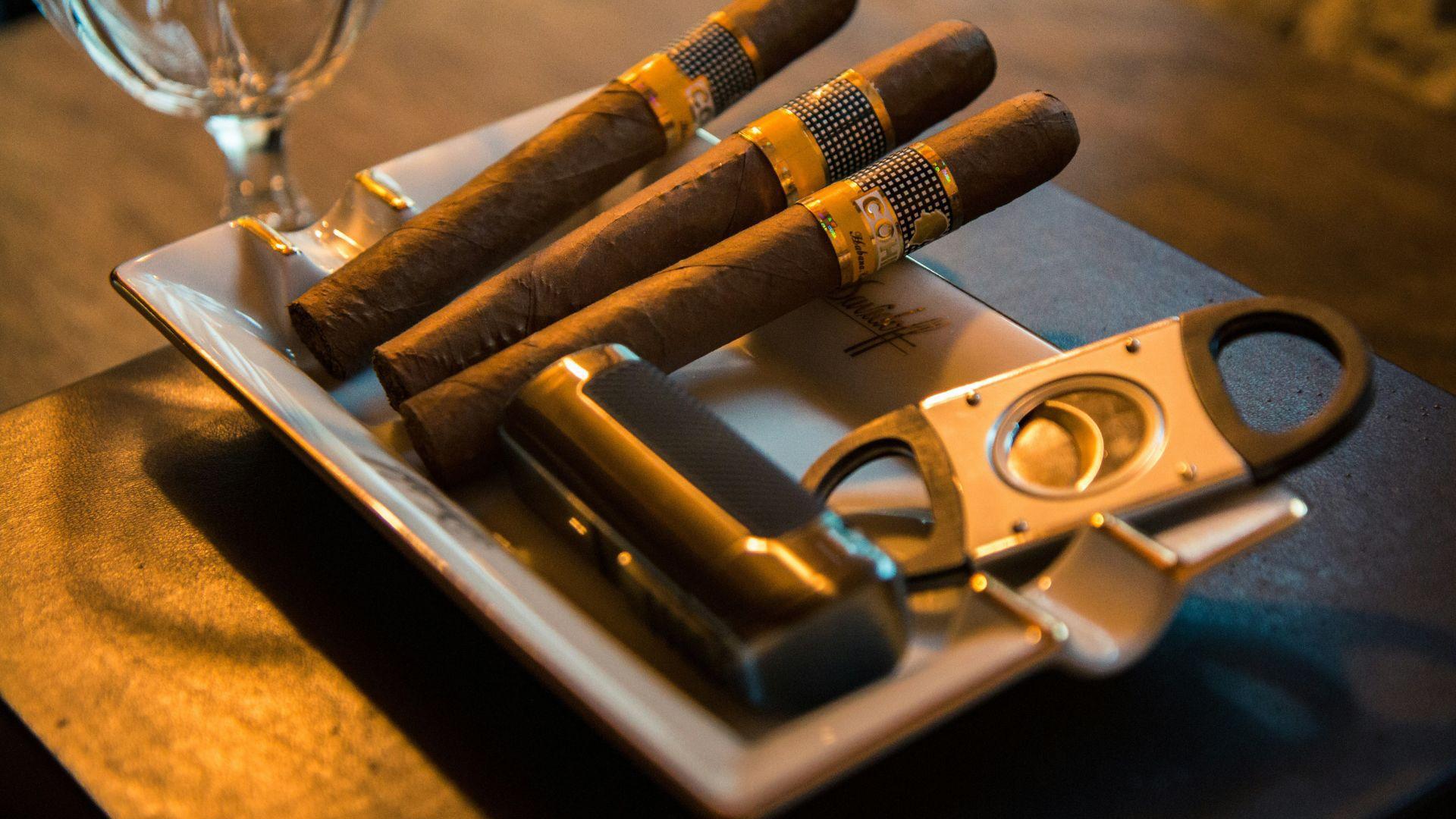
Research in Tobacco Regulatory Science indicates a significant increase in the popularity of flavored cigars, with sales surging more than 50% in the decade following the ban on flavored cigarettes initiated in 2009.
This shift demonstrates the tobacco industry’s adaptability in response to regulatory changes, finding new ways to maintain and grow its market presence. Flavored cigars now constitute a significant portion of the market, raising concerns among health officials about the industry’s strategies to attract consumers.
The Debate Over Premium Flavored Cigars
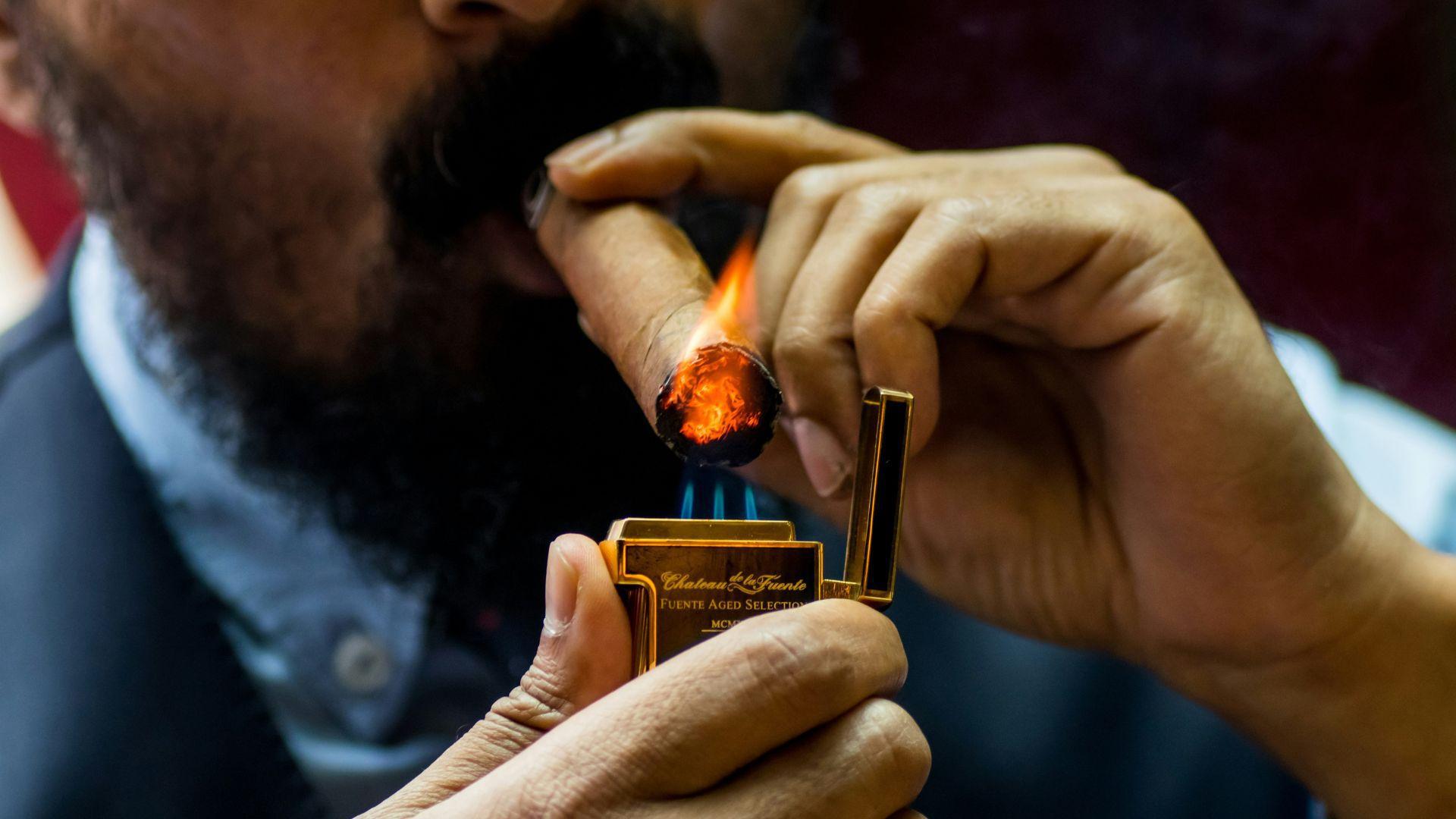
Critics of the ban argue that premium flavored cigars, which are often consumed less frequently and paired with luxury spirits, present a different set of considerations compared to cigarettes.
They emphasize the distinct usage patterns of cigar smokers, with a 2022 report from the National Academies of Sciences, Engineering, and Medicine highlighting that only a small percentage of cigar smokers use the products daily, suggesting lower health risks for occasional users.
The Biden Administration’s Deliberation on Menthol Cigarettes
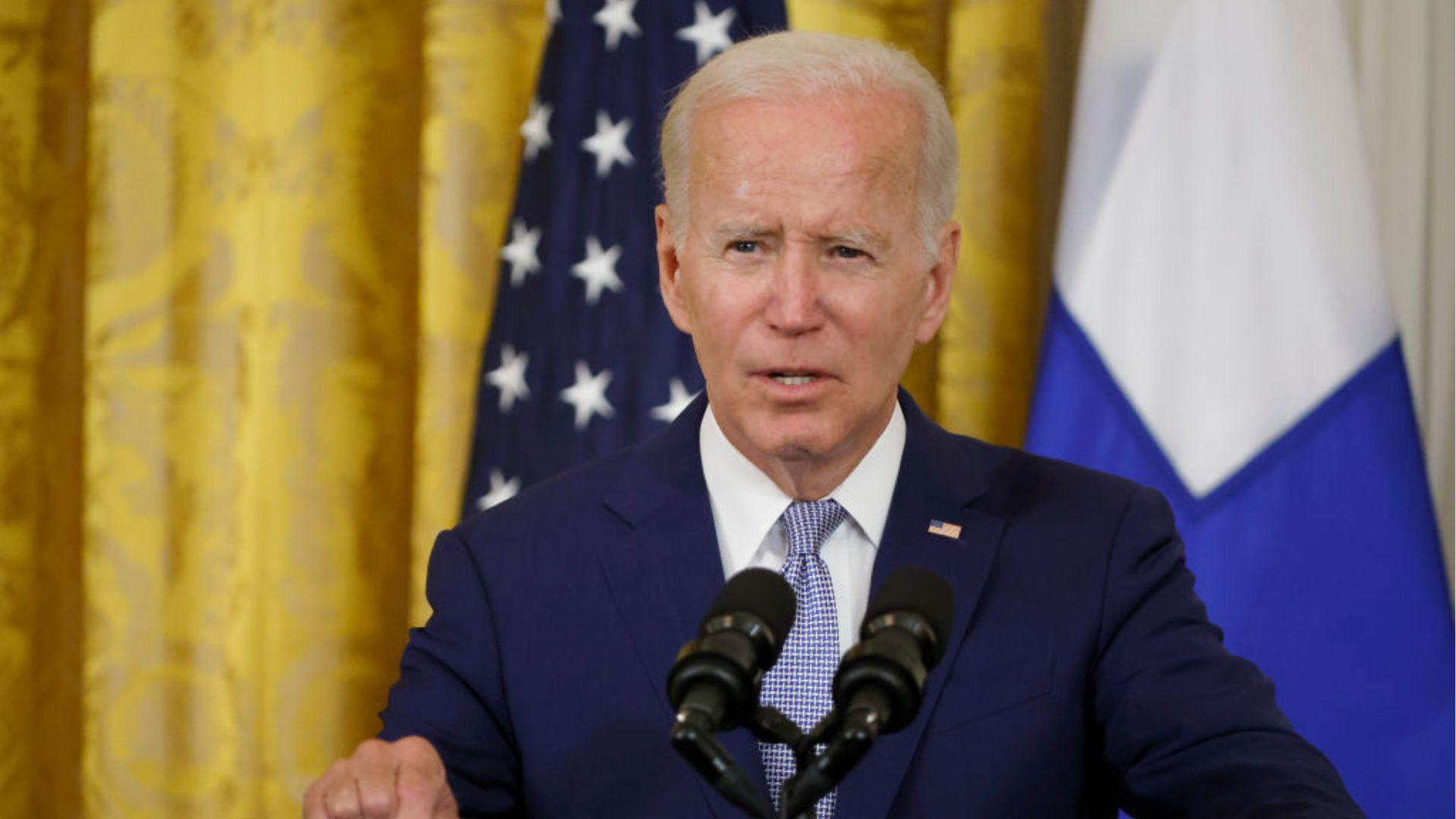
The decision to ban menthol cigarettes is a major public health consideration for the Biden administration, given the disproportionate impact of these products on Black Americans, The Washington Post reports.
Internal discussions reflect a tension between the potential health benefits of a ban and its political implications, particularly concerning the support from the Black community. This deliberation showcases the complex interplay of health advocacy and political strategy in public health policy.
Deadline Approaches for Regulatory Decision
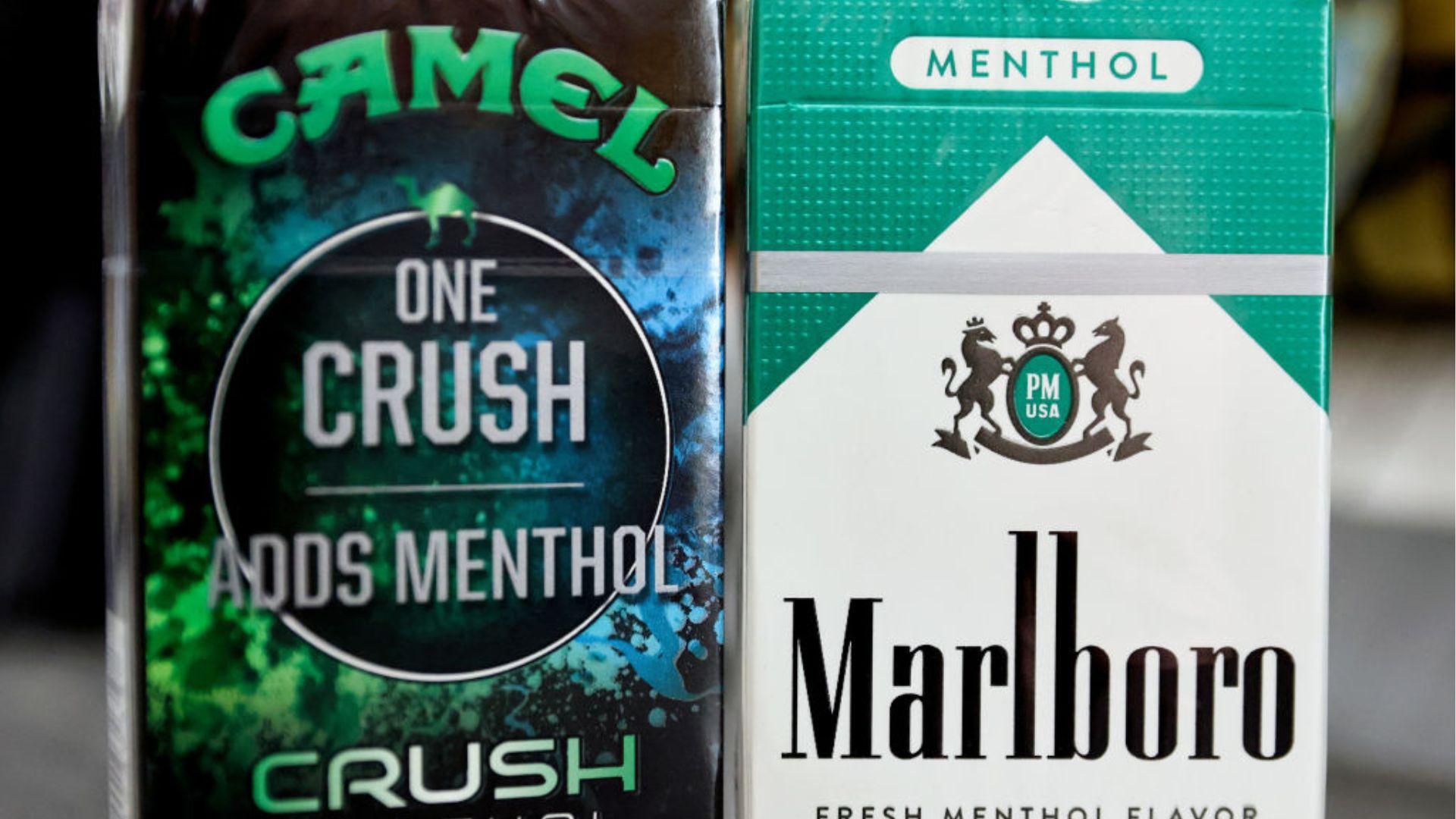
With a deadline looming, the administration is under pressure to finalize its stance on menthol cigarettes and flavored cigars, The Washington Post reveals.
The FDA has reiterated its commitment to these bans, marking them as a top priority. The outcome will likely have lasting effects on tobacco regulation and public health, underscoring the significance of this decision-making process.
Support Within the Administration for a Ban
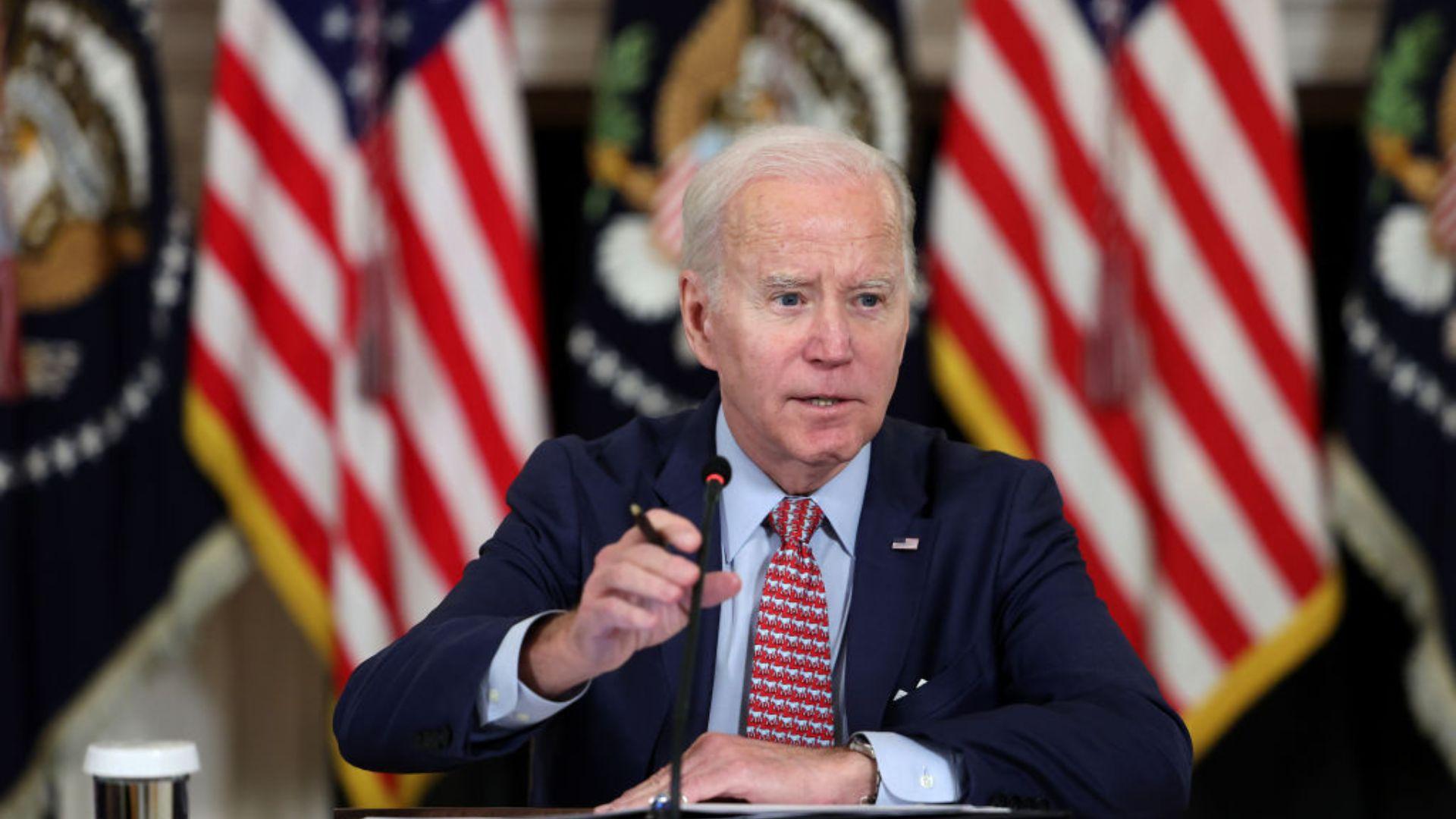
According to The Washington Post, key figures within the administration, including Health and Human Services Secretary Xavier Becerra and White House domestic policy chief Neera Tanden, support the ban on menthol cigarettes.
They cite the urgent need to address the health impacts of these products, particularly the estimated 45,000 Black lives lost annually due to menthol cigarette consumption.
The Potential Impact of a Menthol Cigarette Ban
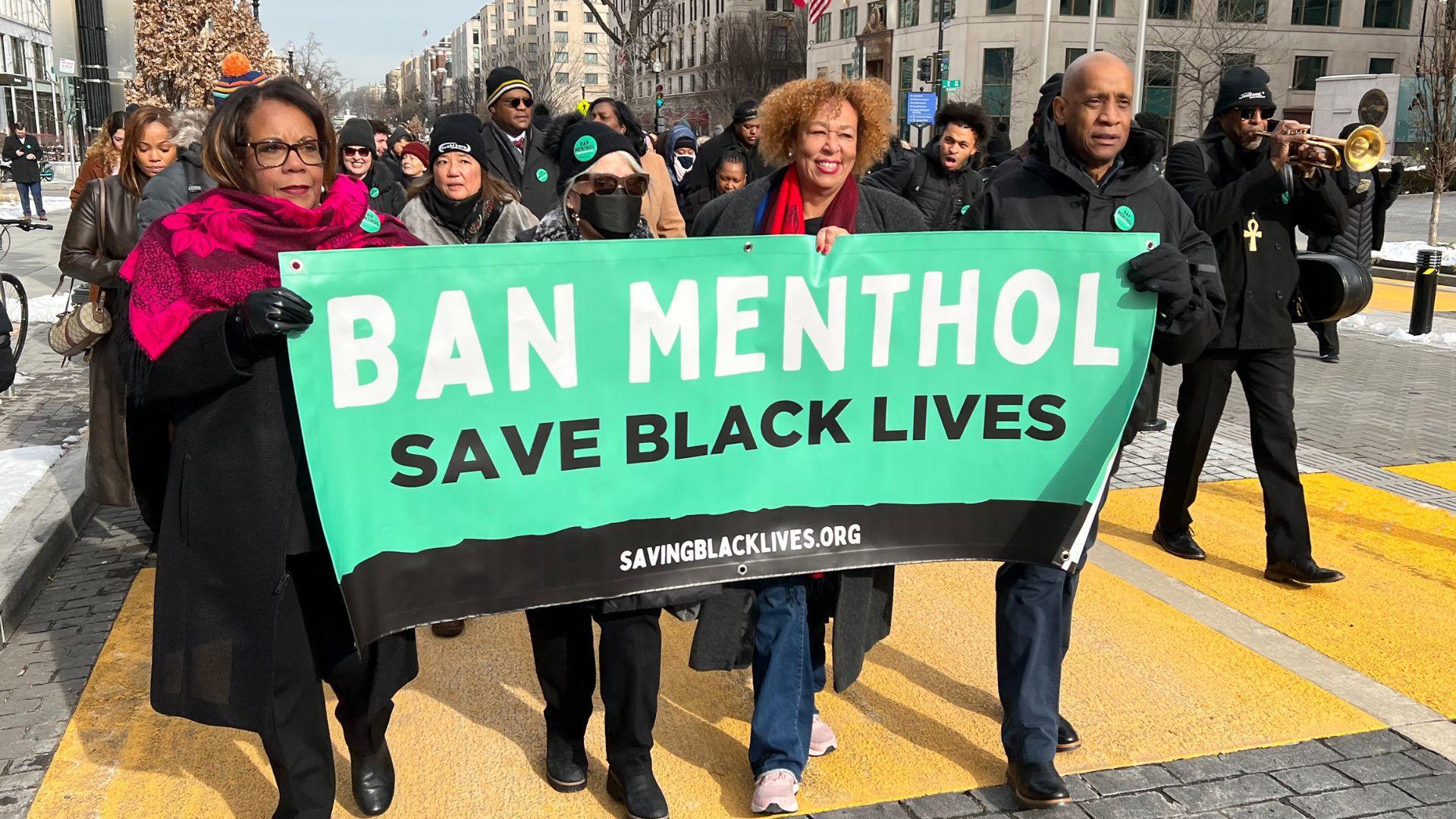
The debate over banning menthol cigarettes highlights a critical public health issue, with officials weighing the potential to save lives against possible political repercussions.
The administration’s decision is pending, with implications for the upcoming election and broader tobacco control efforts. This decision is seen as one of the most consequential public health actions of President Biden’s term, The Washington Post notes.
Internal Opposition and Support for the Ban
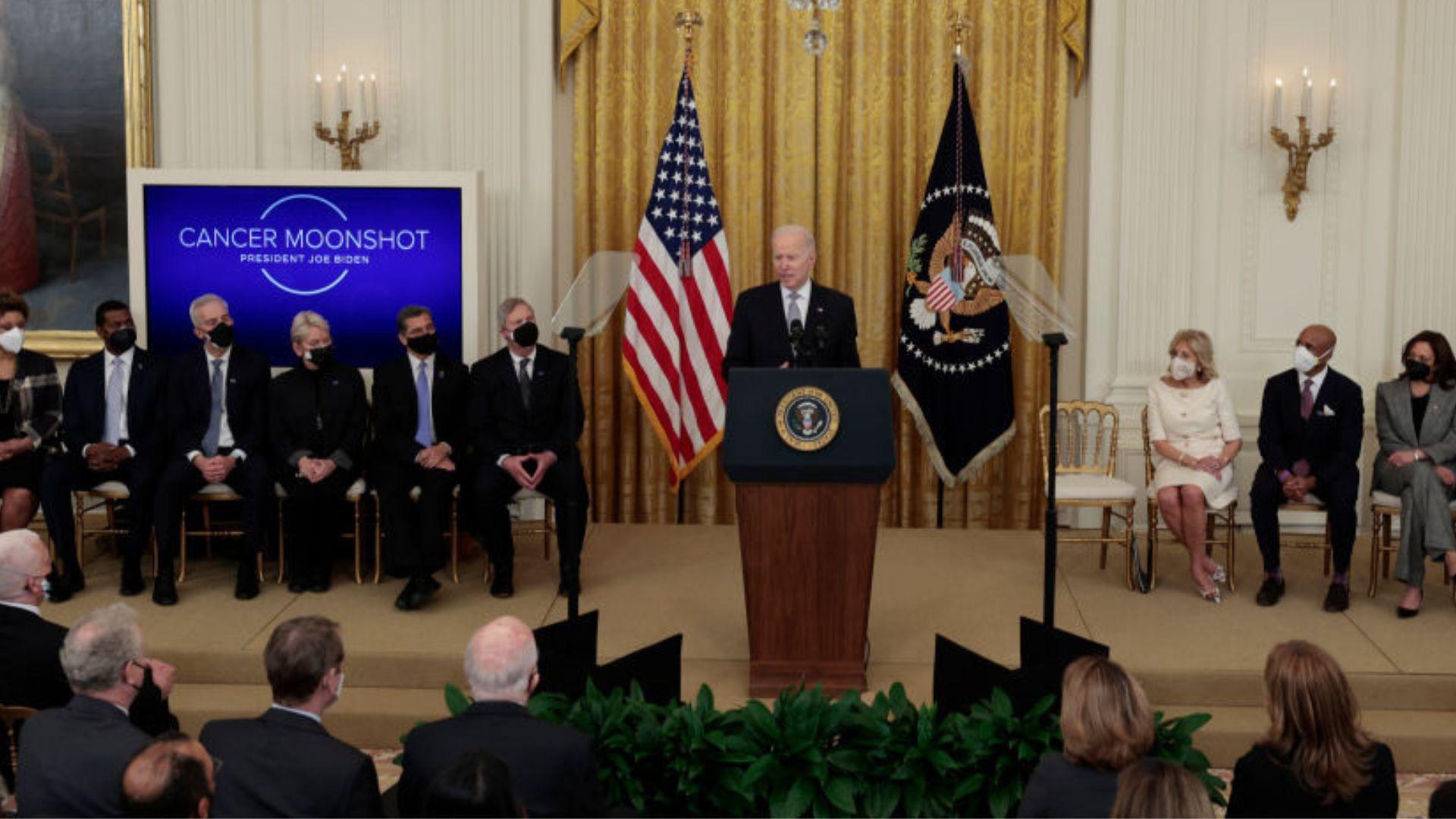
While some within the White House express concerns over the potential political fallout of a menthol cigarette ban, others, including Danielle Carnival of the administration’s Cancer Moonshot initiative, advocate for the ban based on its health benefits, as per The Washington Post.
This internal divide illustrates the challenging balance between public health goals and political considerations.
The Future of Tobacco Regulation
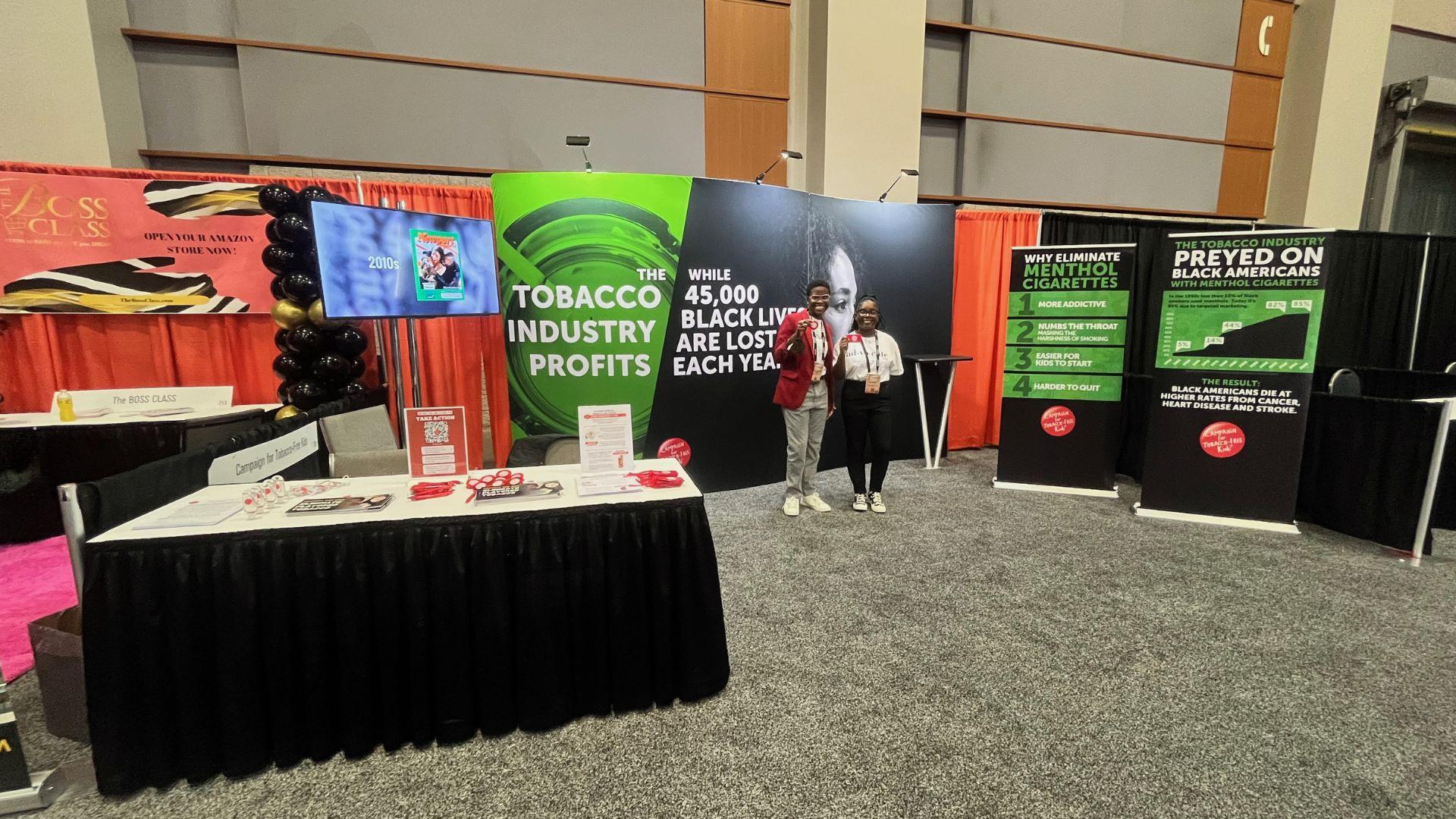
As the Biden administration nears its decision on tobacco regulation, the fate of flavored cigars and menthol cigarettes hangs in the balance. The Washington Post notes that the outcome will reflect the administration’s prioritization of public health, potentially setting a new precedent for tobacco regulation.
With the final rule expected to be issued by March, stakeholders on all sides await a decision that could redefine the landscape of tobacco use in America.
